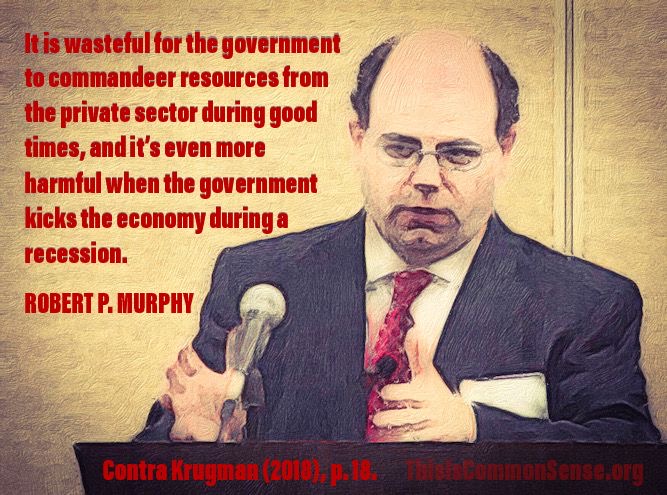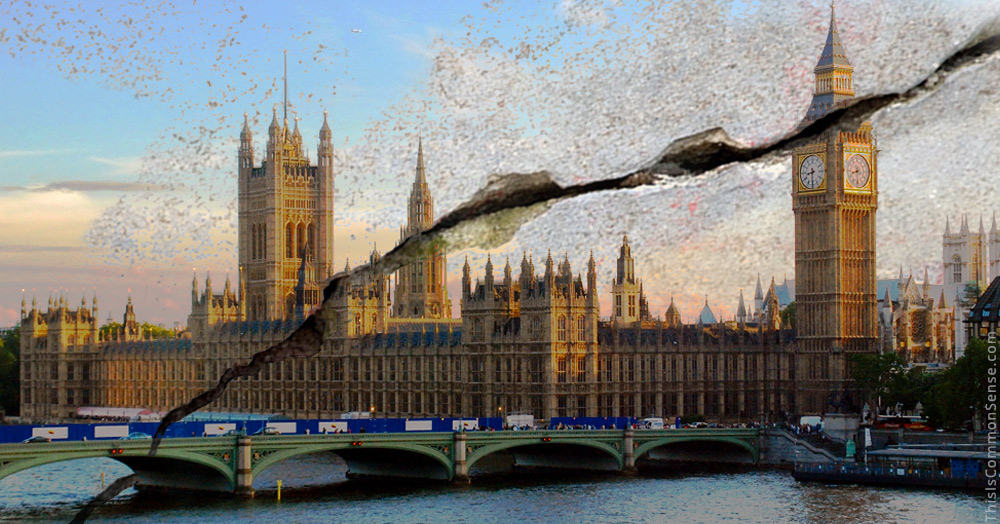Banksters. It rhymes with “gangsters.”
The pejorative for bankers came to mind as I was reading about the British Broadcasting System’s public correction of a story it had published. In covering Coutts bank’s closure of Nigel Farage’s account, back on July 4, the BBC had said that it was not political.
But Mr. Farage, the former leader of the United Kingdom’s Independence Party, “later obtained a Coutts report which indicated his political views were also considered.”
Like we all guessed.
The lengthy document seen by Farage and then the BBC “included minutes from a meeting in November last year reviewing his account” in which he was called “xenophobic and racist” and characterized as not the kind of customer compatible with Coutts’ “position as an inclusive organisation.”
Britain, like the United States, is in the throes of a very political “culture war.” Farage was the main proponent for Brexit in 2016. The unexpected success of Britain’s plebiscite to secede from the European Union became part of the global populist rebellion that led to the election of Donald Trump here.
And, like here, in Britain it has gotten nasty.
Farage’s beef with the BBC was easily resolved, as Farage accepted the BBC’s apology and its reporter’s excuse that a “trusted and senior” confidential source within Coutts had fed the news organization misinformation.
The bank in question considers itself very upright and moral, apparently. Hardly a “gangster” — that’s not in its mission statement! But by taking sides in politics (apparently solidly in the Remainer rather than Brexiteer camp), the bank is following a trend we’ve seen here, where big business balks at doing business with people it doesn’t like — ideologically.
This is a recipe for the breakdown of open markets . . . and civil strife far beyond what we’ve seen so far.
That’s not good for business.
This is Common Sense. I’m Paul Jacob.
Illustration created with PicFinder.ai and DALL-E2
—
See all recent commentary
(simplified and organized)






